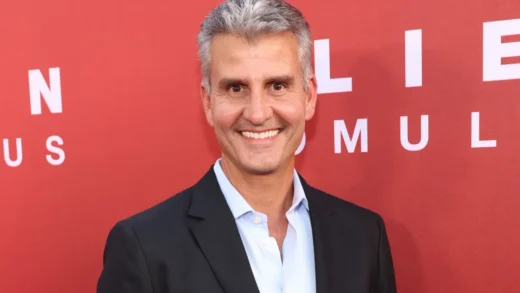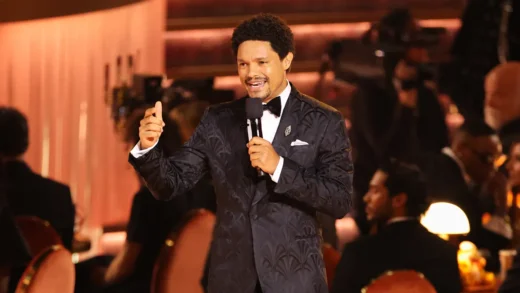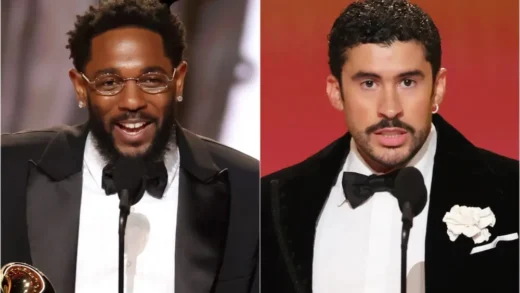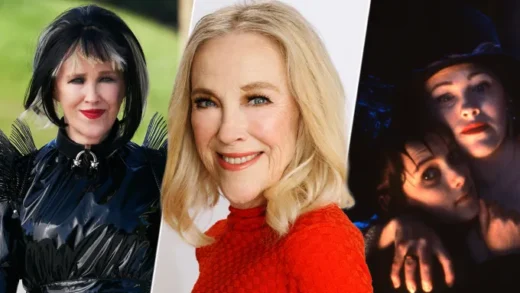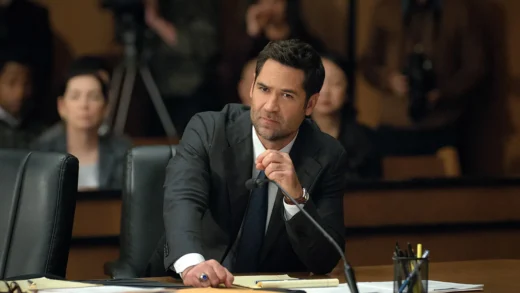Was anyone else shocked to find out that ‘A Quiet Place’ and ‘Get Out’ were directed by some of the funniest actors on television? Personally, I was. I’m always surprised when a comedic actor does a great job portraying a dramatic and serious role. I am even more impressed when the actor takes a different role in movie production. It got me thinking, do actors make good directors?
First, what makes a good director? Creating a well-received and enjoyable movie is fundamental to good directing. But, there are some other characteristics that are beneficial to directing. Leadership and communication are necessary to succeed. Encouraging open discussion and taking criticism is vital. One must also understand visual literacy, which is the “ability to form information and interpret information through the use of an image.” There must be a conceptualization of the beginning, the end, and the stuff in between. The director has to hook the viewer in the first couple of minutes, and sustain that person through a satisfying conclusion. There must also be excitement and continuity in between the introduction and exposition. Lastly, visual integrity is significant. The director should always check the viewfinder to make sure the shot is the one they want.
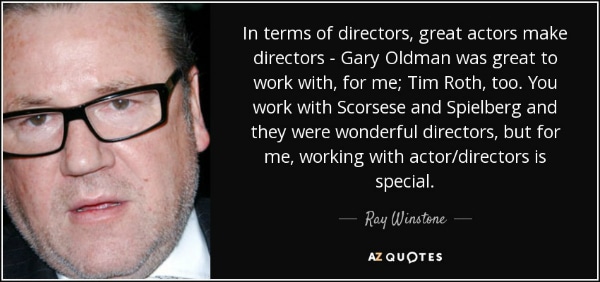
So, who are some celebrities that have consistently Directed respectable films? Mel Gibson, Ron Howard, Angelina Jolie, and Clint Eastwood are just a few. Clint Eastwood’s work, as an actor and a director, has been critically acclaimed. Some of his popular works include Gran Torino, American Sniper, The Outlaw Josey Wales, and Unforgiven. A great quote from Eastwood describes why he’s been so effective in his acting and directing,
“Over the years when I was an actor, I became interested in working with actors and found different atmospheres that I liked with different directors that made acting more compatible. The sets didn’t have to be nerve-wracking or bell-ringing or booby-trapped as it was with some. I started developing my own theories on it and incorporated all my experience into them. A lifetime in movies is the same as a lifetime in any profession: you are constantly a student. Every film is different and has different obstacles to overcome and that’s what makes it interesting. That’s why I continue to do it and enjoy the challenges of it. As long as you remain open to new ideas and developing your own philosophies as you go, it’s a very enjoyable process.”
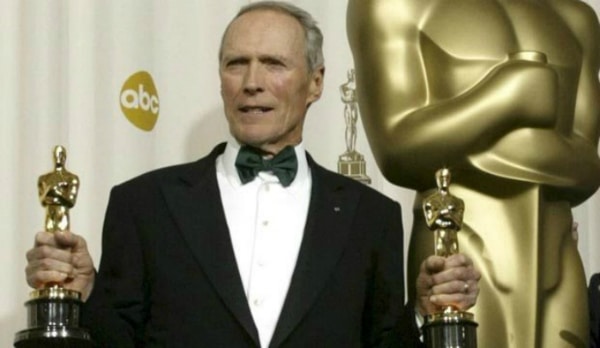
There are many parallels between Eastwood’s ideas and the behaviors essential to good directing. Eastwood also emphasizes that he always thinks about the audience. If the story isn’t engaging for them it “will never take on life” according to Eastwood.
My consensus is that being a Hollywood actor does not guarantee that one will be a good director. But, I believe, Eastwood explains the benefits of acting before directing, quite well. By being on screen, he was able to grasp the ambiance and mechanics of directing. He perpetuates that being a director does not end there. To truly understand how to direct, he is constantly learning. To be excellent at something, one must all be willing to be the student.
Lauren Hoke, Guest Writer
